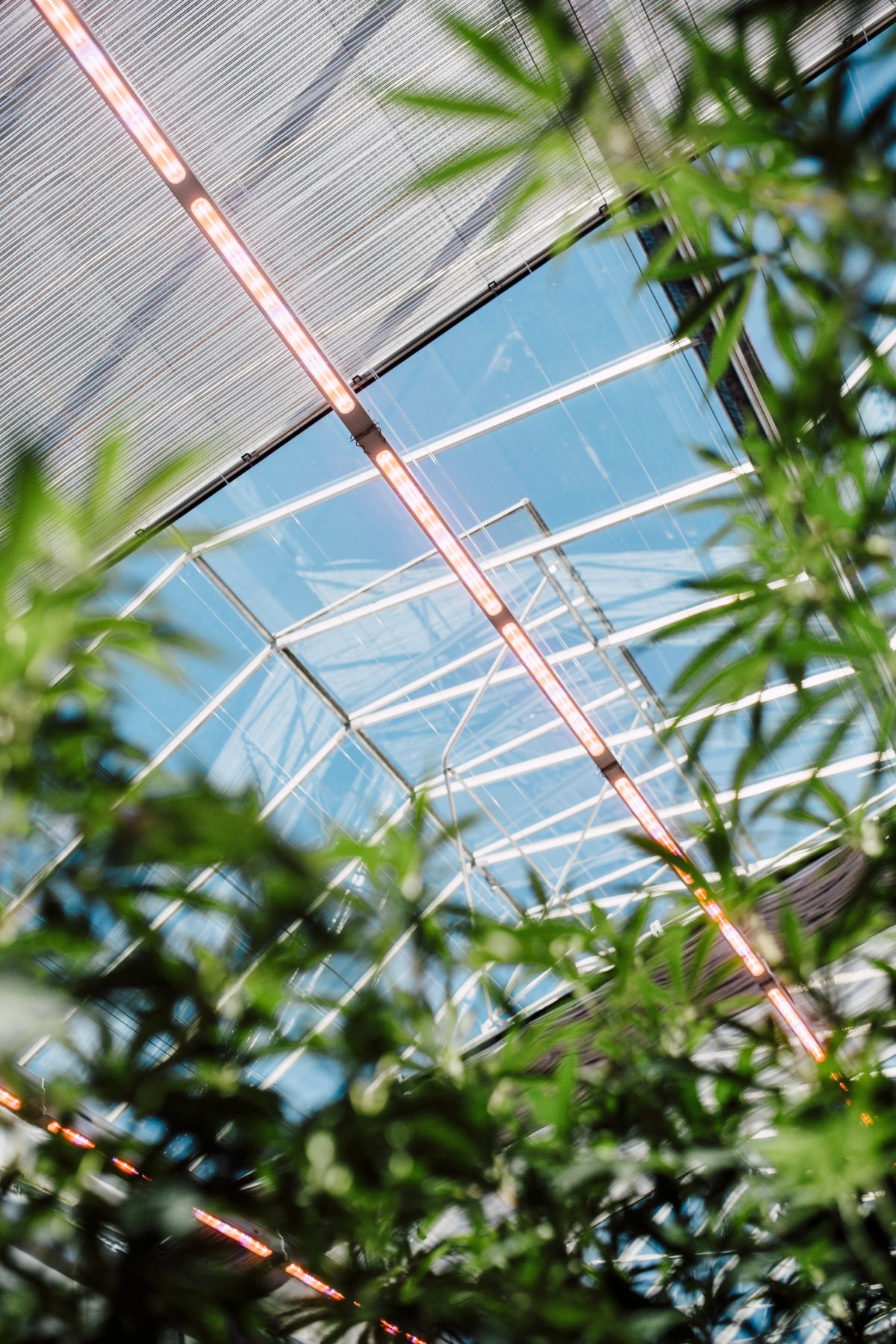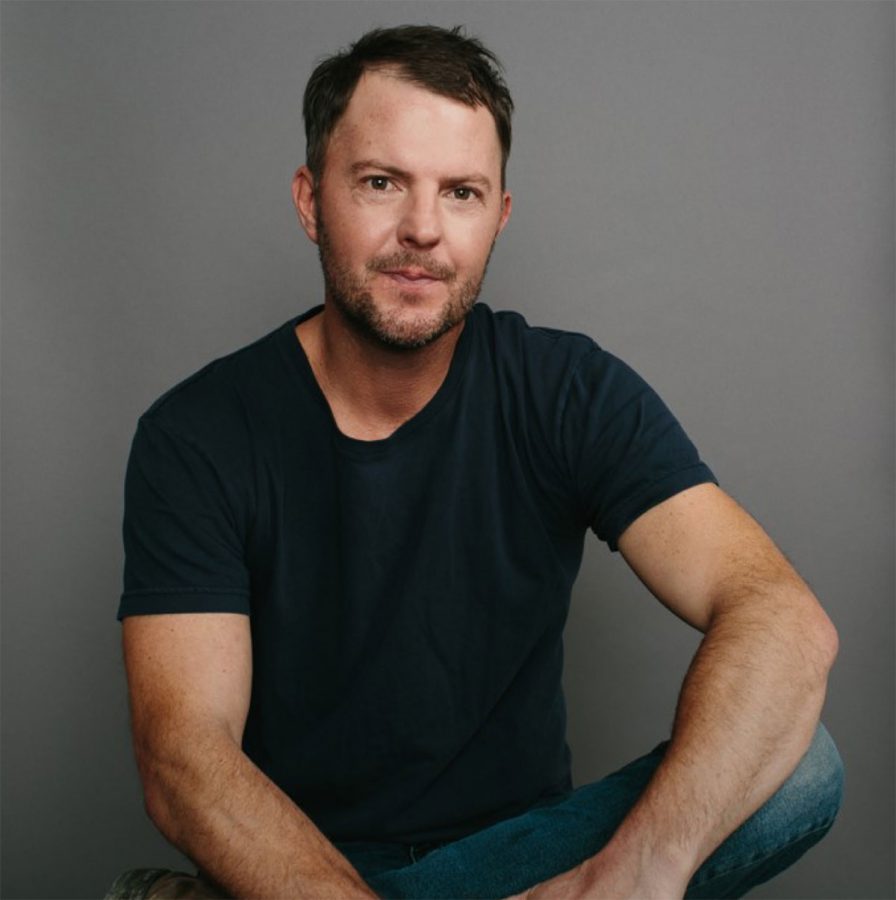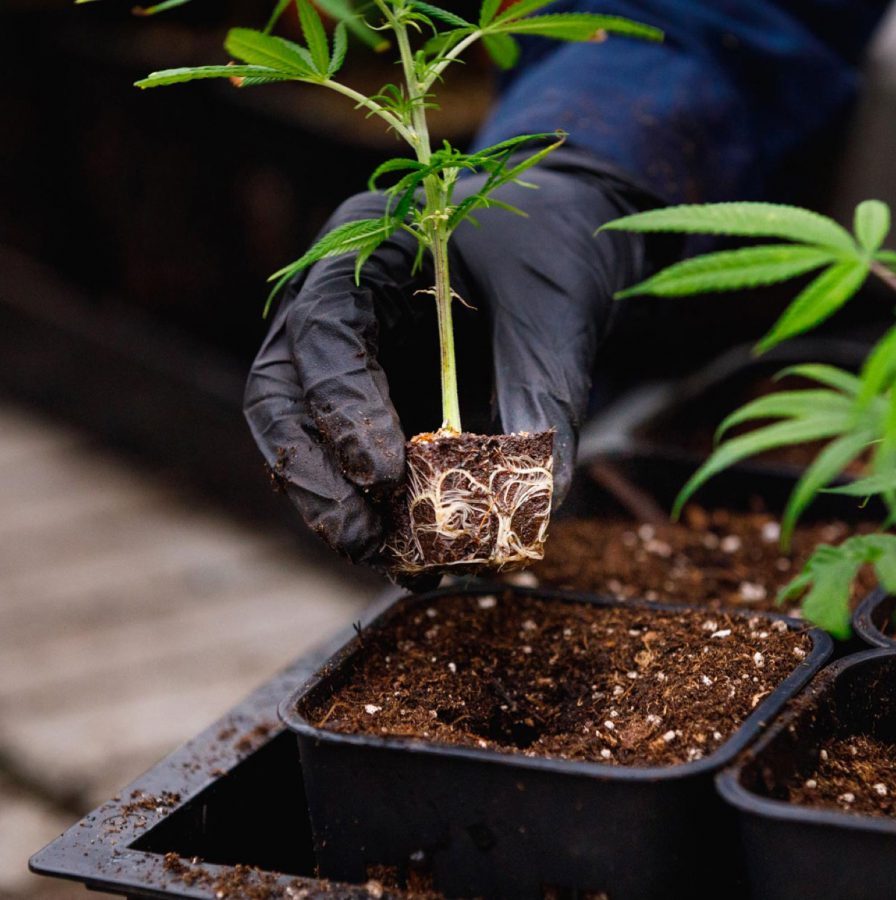The Science of Cannabis
Craft, artisanal and organic cannabis. What does it all mean? We chat with Rubicon Organics’ Chief Scientific Officer to find out.
There’s no doubt that craft has become one of the biggest buzzwords within the cannabis industry. So in order to help clear the air about this growing trend, Chief Scientific Officer, Peter Doig, shares about the dedication and consistent innovation that is required to grow high-quality craft cannabis, how it’s done, and what exactly organic cannabis means.


